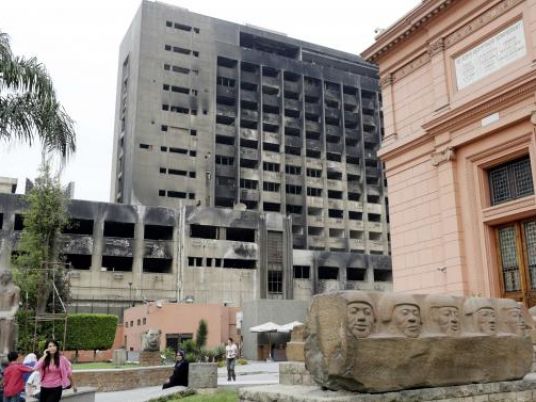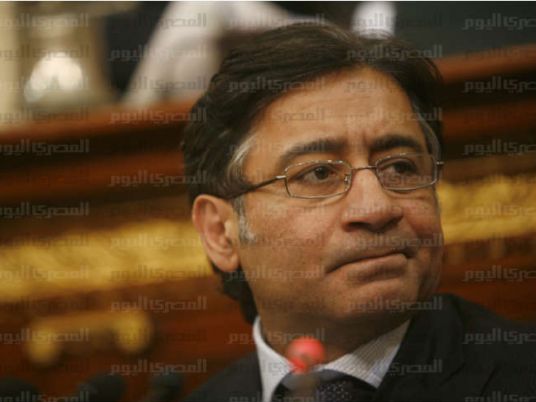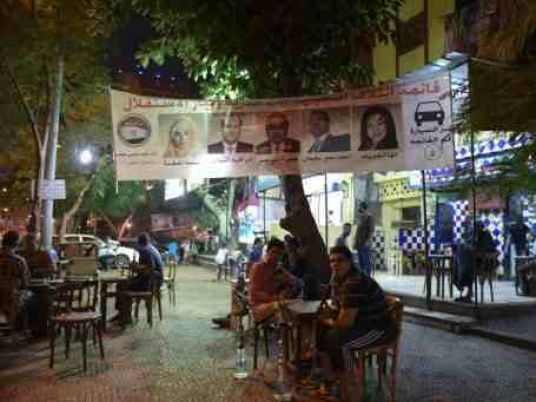Islamists and other political groups sought changes to election rules at a meeting on Sunday with the ruling military to ensure those linked to Hosni Mubarak's now defunct party are blocked from Egypt's first free parliamentary vote in decades.
The head of the election committee, Abdelmuezz Ibrahim, said the poll for the lower house would start on 21 November and the vote for the upper house would begin on 22 January, with each vote being held in three stages, state newspapers reported on Sunday.
An army source told Reuters the final date for voting would be announced on September 26 when full details of the election procedures would also be declared. Election committee officials could not be reached to confirm the dates.
Most parties have welcomed the army's call for elections to start in November, although a few mainly liberal groups have said they want more time. Some liberals fear well-organized Islamists are in the best position now to dominate the vote.
But groups across the spectrum worry existing rules may allow loyalists of Mubarak's now disbanded National Democratic Party (NDP) to re-emerge by letting them run under a system that splits voting between party lists and individuals.
Some also say the broad constituencies outlined under the new rules may favor those with cash. Many wealthy business executives in Egypt backed the NDP.
"We reject the suggested election law (as we want) to block the remnants of the NDP and prevent the use of money or tribalism," said Mohamed Saad el-Katatni, secretary-general of the Muslim Brotherhood's Freedom and Justice party.
"We will demand that all parliament seats shall be elected through closed proportional lists," he said, referring to a system where parties or alliances draw up a list and voters choose between the different lists rather than individuals.
Supporters of this system say it encourages voters to focus on the political programs on offer.
The Brotherhood is part of an alliance of 34 groups, including the liberal Wafd, a decades-old nationalist party.
Wafd secretary-general Fouad Badrawy said his party had presented a paper to the military council showing the changes they and others in their alliance wanted to the law, including their proposal for lists, were constitutional.
Some analysts say the ruling Supreme Council for the Armed Forces may favor a diverse parliament where no single party or alliance dominates, allowing the army to continue to wield influence and protect its broad business and other interests.
"The Supreme Council believes that the current system will produce a majority that they are comfortable with and will support them," political analyst Ammar Aly Hassan said.
The leftist Tagammu party was among those seeking more time to prepare for the vote and pick its candidates.
"We want an adequate period of time from the date the (election) law is issued till the date of the elections," said Hussein Abdel Razeq, member of Tagammu's ruling body.
Youssri Hamad, spokesperson for al-Nour, a party that follows the strict Salafi school of Islam, said his group was concerned large constituencies would mean only those with the deepest pockets could campaign effectively.
But he also dismissed liberal calls for delaying the vote.
"Liberals and leftists have done nothing to prepare for the elections except insulting Islamic and Salafi streams instead of campaigning and fielding candidates," he said.



